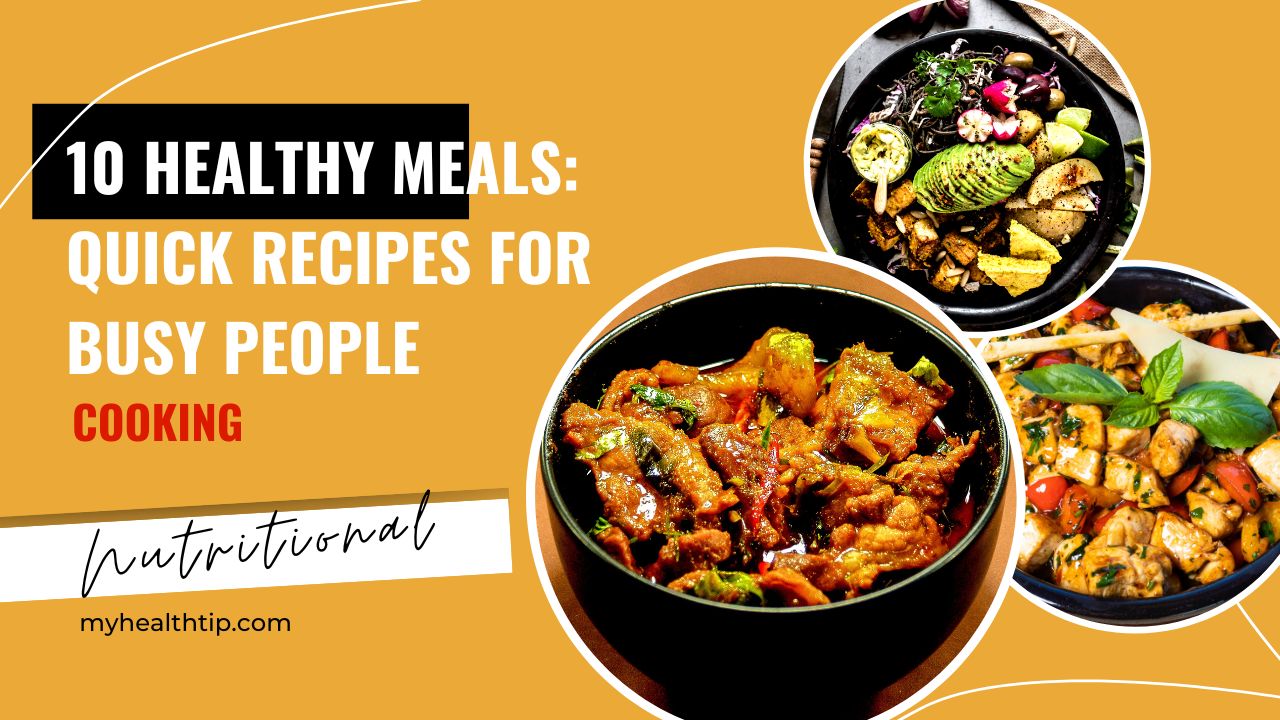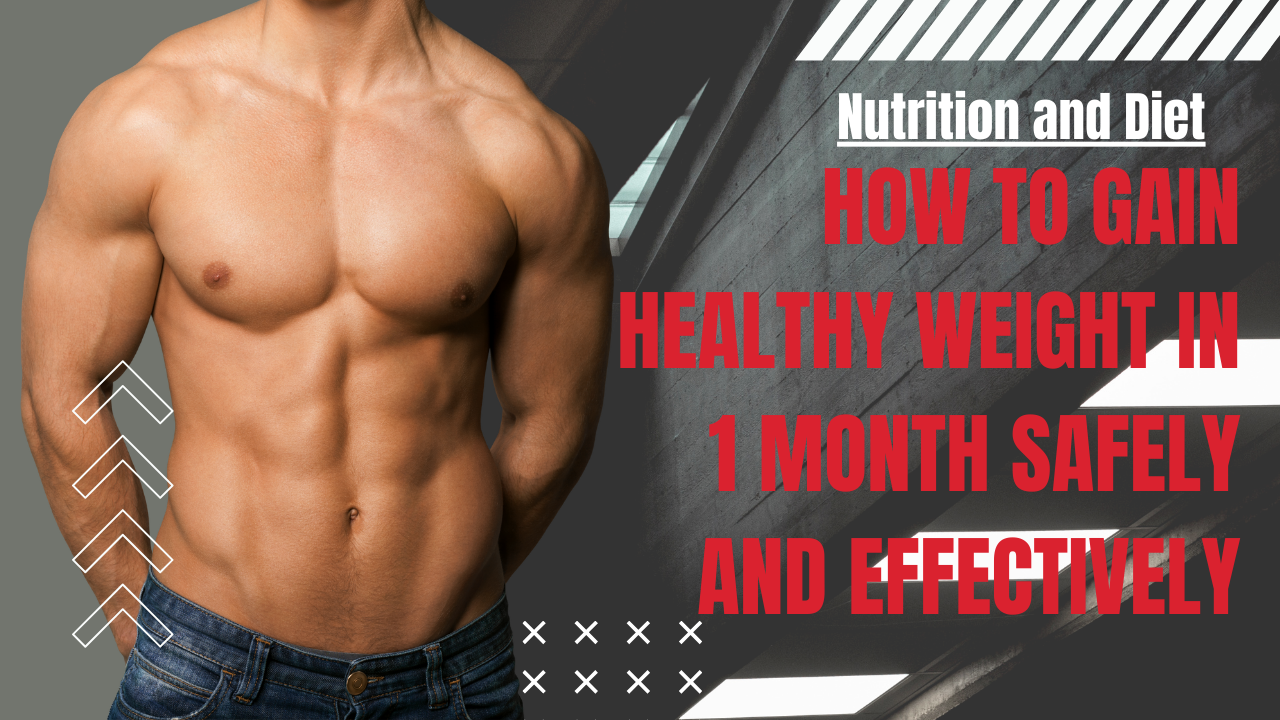Welcome to our comprehensive guide on health and wellness! Our mission is to give you the knowledge and tools for a better life. We’ll cover the basics of living well, nutrition, exercise, sleep, and preventive care.
We want to help you make smart choices for a healthier life. This guide is here to support you, whether you’re looking for a balanced lifestyle or want to improve your overall well-being.

Key Takeaways
- Discover the principles of holistic well-being and the mind-body connection.
- Learn about essential nutrients and dietary guidelines for optimal health.
- Explore the benefits of regular exercise and how to create a sustainable workout routine.
- Understand the importance of mental health and emotional well-being.
- Discover the significance of sleep hygiene and strategies for quality rest.
Table of Contents
Understanding the Foundations of Health and Wellness
Holistic living is about understanding how our physical, mental, and social health are connected. By focusing on the mind-body connection, we can achieve true health and happiness.
Defining Holistic Well-being
Holistic well-being means taking care of all parts of us. It’s about balancing our physical, emotional, intellectual, social, and spiritual health. This approach shows that being healthy isn’t just about being fit, but also about our mental and emotional state.
The Mind-Body Connection
The mind-body connection is key to our health. Stress and emotional issues can harm our bodies. This can lead to weak immune systems, chronic diseases, and mental health problems.
The Role of Prevention in Health
Preventive care is central to our health philosophy. Regular health checks, vaccinations, and screenings help catch problems early. This way, we can take action to stay healthy. By focusing on prevention, we can live healthier, happier lives.
Our wellness center offers a holistic approach. We combine mind-body medicine, nutrition, and energy medicine for a better life. By caring for the whole person, we help you achieve lasting well-being.

“The greatest weapon against stress is our ability to choose one thought over another.” – William James
Essential Nutrition for Optimal Health
Keeping a healthy diet is key for our well-being. We should eat more fruits, vegetables, and whole grains. It’s also important to cut down on sugars, simple carbs, trans fats, and saturated fats.
People over 50 might need calcium and vitamin D supplements for strong bones. Pregnant women should take prenatal vitamins for their health during pregnancy.
If you have a health condition, you might need a special diet. Always talk to a doctor or dietitian to get a diet plan that fits your needs.
It’s vital to store, prepare, and cook food safely, especially meats. Following food safety tips helps avoid foodborne illnesses and keeps our meals healthy and safe.
| Nutrient | Recommended Daily Intake |
|---|---|
| Protein | 10% to 30% of total daily calories |
| Carbohydrates | 45% to 65% of total daily calories |
| Fats | 20% to 35% of total daily calories |
A balanced diet is essential for good health. It should include fruits and vegetables, whole grains, lean proteins, and healthy fats. Making smart food choices supports our health and well-being.

Physical Activity and Exercise Guidelines
Regular physical activity is key for good health. Our experts suggest 30 to 60 minutes of exercise, including aerobic and resistance training, at least 3 times a week. Adding more walking and choosing stairs over elevators can also boost your health.
Aerobic Exercise Benefits
Aerobic exercises like brisk walking, jogging, swimming, or cycling offer many health benefits. They improve heart health, lower disease risks, and boost fitness. Try to increase the time and intensity of your aerobic workouts for better results.
Strength Training Fundamentals
Strength training is also vital for muscle, bone health, and physical function. Do moderate- to high-intensity muscle-strengthening activities, like weightlifting or resistance bands, at least 2 days a week. Start with lighter weights and gradually increase as you get stronger.
Creating a Sustainable Workout Routine
To keep a workout routine going, find activities you enjoy and can fit into your daily life. Try different exercises, mix up your routine, and listen to your body to avoid burnout. Consistency is key, so aim to make physical activity a regular part of your life.
| Physical Activity Guidelines | Adults | Children and Adolescents |
|---|---|---|
| Aerobic Activity | At least 150 minutes per week of moderate-intensity aerobic activity or 75 minutes per week of vigorous-intensity aerobic activity, or a combination of both. | At least 60 minutes per day of moderate- to vigorous-intensity physical activity. |
| Muscle-Strengthening | Moderate- to high-intensity muscle-strengthening activities on at least 2 days per week. | Muscle-strengthening activities on at least 3 days per week. |
“Being physically active is one of the most important steps people of all ages can take to improve their health.”
By following these guidelines and balancing physical activity, you can enjoy the many benefits of an active lifestyle. This will help you towards a healthier, more vibrant future.
Mental Health and Emotional Well-being
Our mental health and emotional well-being are key to our overall wellness. Taking care of our minds and emotions helps us deal with daily life’s challenges. The National Institutes of Health (NIH) says emotional well-being affects our relationships, work, and health. It helps us function and handle tough situations.
Good emotional health means knowing and managing our feelings. The National Center for Emotional Wellness says it’s about understanding and accepting our emotions. Things like work, school, and personal changes can impact our emotional well-being.
To support our mental health and emotional well-being, we can try different strategies:
- Mindfulness practices to become more aware of our thoughts and feelings
- Stress management techniques to cope with life’s demands
- Developing a positive mindset and focusing on our achievements
- Reinforcing our social connections and seeking support from loved ones
- Coping with loss and other challenges in a healthy way
- Seeking professional help when needed, such as from a therapist or counselor
By taking care of our mental and emotional health, we can manage stress better. We can build strong relationships and lead more fulfilling lives. Remember, our mental health is as important as our physical health. It’s crucial to prioritize both for the best overall wellness.
“The greatest weapon against stress is our ability to choose one thought over another.” – William James
Sleep Hygiene and Recovery
Getting quality sleep is key for our health and happiness. Knowing about sleep cycles and setting up a great sleep space helps us sleep better. A regular bedtime routine is also important for deep, restful sleep.
Understanding Sleep Cycles
Our sleep goes through different stages, each with its own benefits. We start with light sleep, then move to deeper, more restorative stages. It’s important to spend enough time in each stage for full recovery.
Studies show that just 30 minutes of aerobic exercise a day can boost sleep quality and health.
Creating the Perfect Sleep Environment
The place where we sleep greatly affects how well we rest. Keeping the bedroom cool, between 60 and 67°F, is best for sleep. Also, avoid caffeine and create a dark, quiet space to help you fall and stay asleep.
Bedtime Routines for Quality Rest
Having a consistent bedtime routine is vital for good sleep habits. Activities like reading, warm baths, or gentle stretches can help. Writing down worries before bed can also keep them from disturbing your sleep.
Limiting big meals and alcohol or nicotine before bed also supports better sleep. By focusing on sleep hygiene and healthy routines, we can fully enjoy the benefits of sleep for our body and mind.
Building Strong Social Connections
Strong social connections greatly improve our emotional and physical health. Studies show that good social bonds can make us live longer and healthier. By building strong relationships with loved ones and friends, we gain many benefits.
Feeling connected helps us deal with stress, anxiety, and depression better. Supportive friends and family offer emotional and practical help. They listen and help with daily tasks. Being part of a strong network also encourages us to eat better and exercise more.
Being part of a community is key to our health and strength. Joining clubs or volunteering helps build trust and friendship. Safe public spaces for socializing reduce loneliness and isolation.
Making and keeping social connections is essential for our well-being. By focusing on relationships and building a supportive network, we boost our emotional health and physical health too.
“Lack of social connection is a greater determinant to health than obesity, smoking, and high blood pressure.”
In short, investing in strong social connections is a smart move for our health. By nurturing our relationships and embracing community, we can lead a healthier, happier life.
Preventive Care and Health Screenings
Keeping good health is key, and regular care is the base. Check-ups, screenings, and shots help find problems early. They keep us safe and healthy.
Regular Health Check-ups
See a doctor at least once a year for a full check-up. They’ll do tests like body mass index (BMI), blood pressure, and cancer screenings. These visits catch health issues early, when they’re easier to fix.
Vaccination Schedules
Following vaccination schedules is key to avoiding diseases. Kids get shots for polio, hepatitis, and measles. Adults get boosters for flu and shingles. Staying current on shots is a big step in preventive care.
Early Detection Methods
There are many ways to find health problems early. Screenings for diabetes, heart disease, and cancer are important. Taking action early can lead to better treatment and health management.
“Only 8% of adults in the United States who are 35 years and older received the preventive care recommended to them.”
Regular care, screenings, and shots are vital for our health. By focusing on these, we can control our health and improve our lives.
Mind-Body Practices for Daily Living
Adding mind-body practices to our daily routine can boost our well-being. Mindfulness, self-care, and a healthy work-life balance are key. They help us live a more balanced and fulfilling life.
Meditation, yoga, and deep breathing are great for reducing stress and sharpening our minds. They help us pause, reflect, and connect with ourselves. This way, we can handle life’s demands better. Mindfulness makes us more present, kind, and strong when facing challenges.
It’s also vital to focus on self-care. Regular exercise, enough sleep, and healthy food strengthen our mind-body connection. Enjoying hobbies, spending time with loved ones, and being grateful are also crucial for a balanced life.
FAQ
What is the purpose of this guide on health and wellness?
We offer tips and advice on health and wellness. Our goal is to help you improve your physical and mental health through lifestyle changes.
What does holistic well-being encompass?
Holistic well-being includes physical, mental, and social health. It highlights the mind-body connection. This shows how important mental and emotional health is.
Why is prevention important for maintaining good health?
Prevention is crucial for good health. It includes regular check-ups, vaccinations, and early detection methods.
What are the key components of a healthy diet?
Eat more fruits, vegetables, and whole grains. Reduce sugars, simple carbs, trans fats, and saturated fats. Certain diets may be recommended for medical conditions or age groups.
What are the guidelines for physical activity and exercise?
Aim for 30 to 60 minutes of exercise, 3 times a week. Choose activities that fit your age and health. Increase walking and use stairs when possible.
How can we maintain good mental health and emotional well-being?
Stay mentally active with puzzles, reading, or games. If stressed or depressed, talk to someone or a healthcare provider. Limit screen time for better socializing or walks.
What are the key components of good sleep hygiene?
Aim for 6 to 10 hours of sleep daily. Keep a regular sleep schedule. Create a relaxing sleep environment and establish bedtime routines.
How can strong social connections benefit our health?
Strong social ties boost emotional and physical health. Nurture relationships with loved ones and engage in social activities. This supports overall well-being and emotional support.
Why are regular health check-ups and screenings important?
Regular health check-ups are vital for good health and early detection. See a healthcare provider yearly for screenings and vaccinations. Early detection can treat problems more effectively.
How can mind-body practices enhance our overall well-being?
Mind-body practices like meditation, yoga, or deep breathing improve well-being. Aim for a work-life balance that includes self-care and relaxation.





